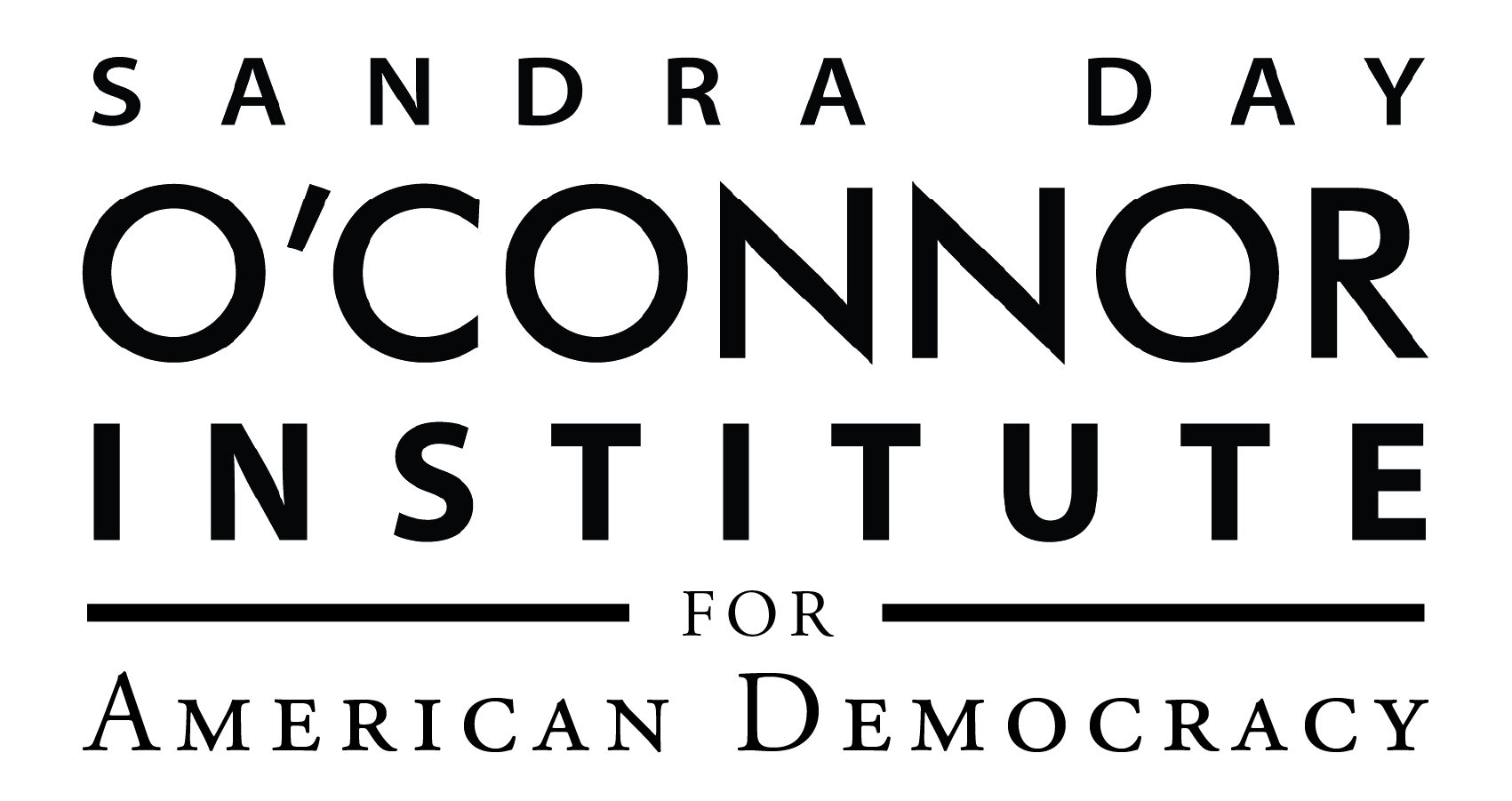What is Federalism?

Federalism is a system of government in which power is divided between a central authority and constituent political units. In the United States, federalism refers to the division of power between the national government and state governments.
The Constitution of the United States established a federal system of government by creating a national government with specific enumerated powers and reserving all other powers to the states or to the people. This means that the national government has certain powers that are specifically outlined in the Constitution, such as the power to regulate interstate commerce and the power to declare war, while the states have all other powers not specifically delegated to the national government.
The principle of federalism allows for a balance of power between the national government and the state governments, and it allows for a diversity of policies and laws across the country. This also means that both the national and state government have their own separate responsibilities and that the national government can’t simply impose its will on the states.
This system allows for a level of autonomy for each state as well as a level of checks and balances between the national and state governments, which prevent either one from gaining too much power and becoming tyrannical. Federalism is a way to balance the needs of a centralized government with the needs of the individual states and their citizens.

